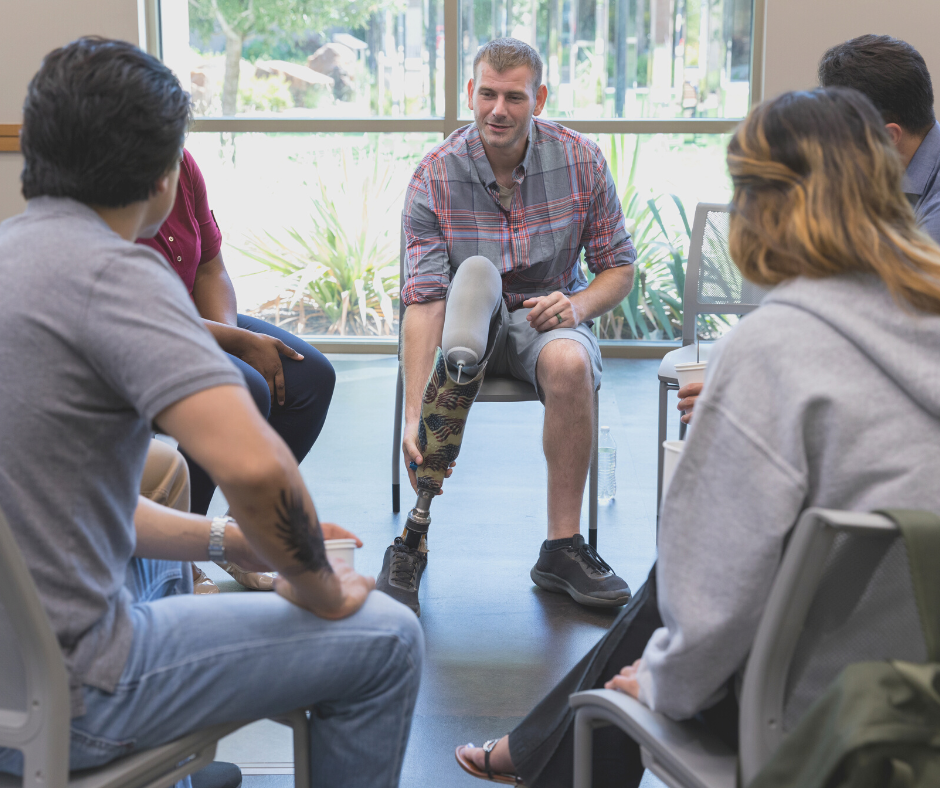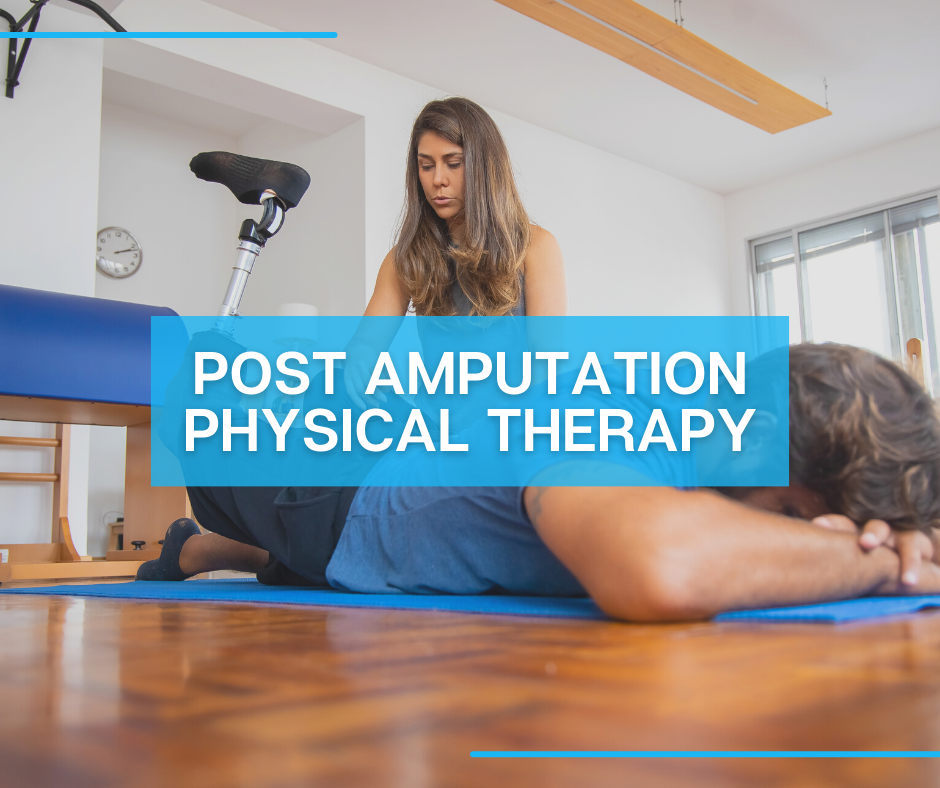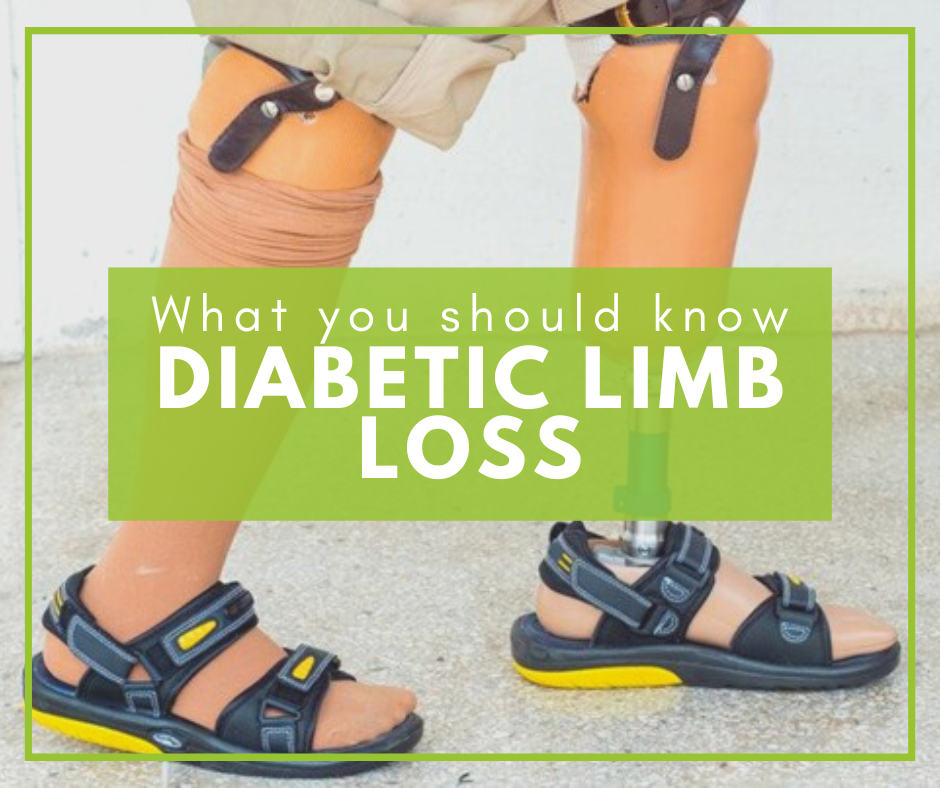
10 Benefits of Joining an Amputee Support Group

Life after an amputation can be emotionally challenging. Though your family members, friends, and doctors are there to support you, they may not fully understand what you’re going through. Most often, they might think that you are coping well—especially after getting a prosthesis. An amputee support group can help you process your feelings and gain a new perspective as you navigate through life after the amputation.
Read on to know more about the benefits of joining an amputee support group.
Get Help Processing Your Emotions and Improve Your Understanding of Amputation
Denial, loneliness, and isolation are common reactions to amputation. It might be difficult sharing your experience with your doctors or loved ones. Joining a support group will allow you to interact with fellow amputees who can relate to these feelings. Learning from their experiences can make you realize that you are not alone. An amputee support group can also help you know more about living life with a prosthetic implant.
Helps You Cope with Phantom Limb Pain
Phantom limb sensation and phantom limb pain are common among new amputees. It is the feeling that you still have the missing body part, and so you may attempt to use that hand, foot, leg, or arm as you normally would.
It is often described as crushing, toes twisting, hot iron, burning, tingling, cramping, shocking, and shooting pain in the amputated area. The nerves connected to the missing body part still exist, and they signal the brain that the limb is in pain, which causes phantom limb pain.
Talking to others in an amputee support group can help you understand why it’s happening and how to cope with it. Additionally, those in the group may have also experienced phantom pains at some point. They can point you in the direction of a few treatments that have helped them cope with their phantom limb sensation.
Address Feelings of Self-Worth and Self-Esteem
A lot of emotions boil to the surface after losing part of your body. If the part had to be amputated due to medical reasons, you might be relieved that the disease is gone but extremely sad that you no longer have that part of your body. You may have a lot of self-confidence or self-esteem issues because you feel people might look at you differently. You may even feel some self-loathing or loss of identity, and these are perfectly normal feelings.
Although, it is essential to grow from these feelings into a healthier state of mind. To do that, many amputees in Texas join support groups to help address and deal with these complicated feelings. These groups provide multiple valuable resources to amputees, and not just emotional support. They can help you process these feelings and learn how to regain your confidence.
Find a Mentor
Many support groups often provide new members with a mentor or sponsor who can help them through difficult times. These mentors are amputees who have learned how to cope and manage well, and they have been trained on how to counsel new members through the beginning stages of amputation. When you really need someone to talk to, it helps to have a mentor who understands what you are going through. They know firsthand what you are dealing with, and they can offer you a new perspective as you recover.
Make an Informed Decision About Prostheses
Thanks to technological advancements in the medical field, bionics or mechanical body parts that very closely work with signals in the human brain to mimic human movements are available to patients. After your amputation site has had time to heal over, your doctor may suggest a prosthesis. Peers from a support group can help you learn more about this option and understand how life after a prosthetic implant will be. They can help you make a well-informed decision. The group can also help you connect with non-profit organizations that can help you with funding for your prosthesis.
Connect to Resources for Specialty Prostheses and Programs
Joining amputee support groups connects you to dozens of resources in your area. There are various programs for amputees such as,
● Programs to help people who are about to have an amputation
● Programs to help people adapt to life after their amputation
● Programs to support those who want to be athletic and/or para-athletes
● Programs to guide those who want to be part of testing new and advanced prostheses for marketing and development purposes.
Additionally, there are programs to help you learn how to advocate for yourself and your needs going forward. Being an amputee doesn't make you disabled; it makes you differently-abled. Prostheses can assist you in everything you do and help you lead a normal life. Learning to live with a mechanical extension of your body's natural parts and be fully employed means learning to advocate for your rights as a human being. There are support groups that can show you how to do that.
Support Groups for Military Veterans Who Have Had Amputations
There are support groups for veterans who have lost a limb, hand, foot, etc. The trauma endured because of losing a body part in a war is very different and difficult to process, which is why they have their own support groups. If you are a veteran amputee, you can join a support group with other veterans and/or a support group with non-military amputees as you see fit. These groups can help you recover from the trauma and adapt to everyday life.
Learn How Other Amputees Stay Active, Fit, and Healthy
Losing a foot or a leg doesn’t mean that a person has to be wheelchair-bound for life. There are various limb prostheses options such as running blade prosthesis, single foot/full running shoe prostheses, and more to help them get up and get moving. Similarly, if you are missing an arm below the shoulder, elbow, or hand, prostheses are made to help you keep that side of your body in shape. Peers from a support group can help you know more about the options available for you.
An amputee support group can help you understand what physical activities you can undertake to stay fit and active. You might even be able to lift weights to keep your shoulder and back muscles healthy. Learning about the workout routines and physical activities of other amputees can encourage you to try them out and stay fit.
Find Camaraderie Without Pity
You may find that people connect to you in different ways now. Some may have compassion, while others show pity. Most amputees just want to be friends, and they want to be accepted. Initially, trying to figure this out isn't always easy. Making friends with other amputees through support groups can help you navigate new social waters better and even provide you with some friends who get what you’re going through.
It may also be difficult for your spouse or significant other to understand how you are feeling right now. Joining a support group helps you and your partner figure out how to navigate your relationship now. Sometimes spouses and significant others are invited to group meetings to share their thoughts and feelings, and that can make a really big difference in how well you stay connected to each other.
Learn Which Healthcare Plans and Insurance Providers Will Pay for Prostheses
While you may want the best in a prosthesis, you also have to pay for it to be made and fitted. Knowing whether or not your insurance covers it is a good place to start. Being in a support group, you can ask these questions of others present to find out which insurance providers will cover most of the costs of your new prosthesis.
You can even change insurance providers if necessary to gain access to the best equipment you can get. The less out-of-pocket you pay, the better you may feel about wearing a prosthesis. Your peers from a support group are a really good source to consult on these matters. At AOD Prosthetics and Orthotics, we work with several amputee partners that help those who need a prosthesis. Some of our partners are non-profits and give those who aren't able to get funding a prosthesis.
You don't have to give up on life when you become an amputee. Navigate through life and get the best solutions to lead a better life with AOD Prosthetics and Orthotics. Contact Us today to see how we can construct the best prosthesis for you! Our team can provide you with more support and guide you as you begin this new stage in your life.
Treatment & Planning for Tomorrow
AOD Prosthetics & Orthotics combines the highest technology available with the best patient care. Bilingual mobile prosthetic service in San Antonio. Serving amputees and improving their quality of life.

All Rights Reserved | AOD Prosthetics & Orthotics | San Antonio, TX


